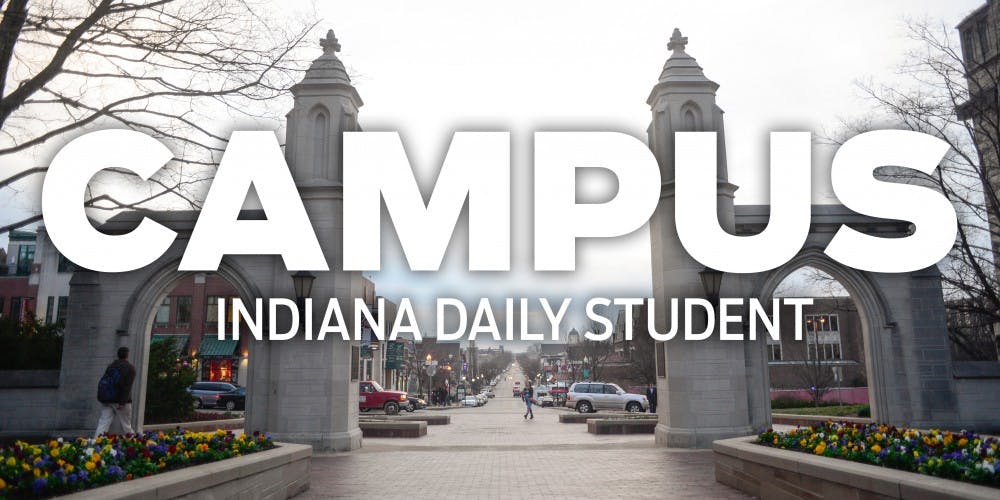Speakers at a panel at the Monroe County Public Library on Monday afternoon discussed the violent causes of the Central American Migrant Crisis and the Deferred Action for Childhood Arrivals program, which protected undocumented immigrants brought to the United States as children.
Guadalupe Pimentel, one of the founders of the Indiana Undocumented Youth Alliance, said the panel was meant to shed light on the reality of undocumented immigration in the United States today.
“We won’t see change until we start calling things as they are,” she said.
One of the panelists was Ramón Marquez, the director of one of the largest migrant shelters in Mexico, La 72.
He said La 72 housed 1,296 migrants in 2016, but he estimates the number will jump to 20,000 in 2017. In the last six years, he said they have received more than 75,000, most of whom are families, women, unaccompanied minors and LGBT individuals.
A decade ago, he said most migrants were men looking for better economic opportunities. He said the situation has now changed entirely.
“This is a whole different problem,” he said. “This is children fleeing violence.”
Marquez said migrants from Central America, including these children and families, leave their homes for survival. He said they are only trying to escape from violence from gangs and organized criminal groups.
He said initiatives like the Southern Border Program that try to keep these people out of the U.S. try to legitimize violence, crimes and violations of human rights that result in assaults, sexual violence, kidnappings, disappearances and killings.
“They chase them, and they hunt them like animals,” he said.
Pimentel also pointed to the cruelty of the funnel effect, which involved the U.S. government increasing border patrol in some areas in the 1990s in order to funnel immigrant traffic to Arizona’s inhospitable deserts and mountain areas.
A 2016 study by the Binational Migration Institute estimated the funnel effect resulted in deaths of between 2,000 to 3,000 people.
Pimentel said the cruelty against undocumented immigrants doesn’t stop at the border.
After hearing about House Bill 1402, which passed in 2011 and barred undocumented students from qualifying for in-state tuition, Pimentel worked with Sayra Campos, another founder of Indiana Undocumented Youth Alliance, to protest.
Campos said they demanded a meeting with then-Gov. Mitch Daniels. When he would not meet with them, she said they stayed outside his office until they were arrested.
Five undocumented students protested, and all of them were detained before being released hours later, Pimentel said.
“We were not going to be silent,” Pimentel said.
Campos said immigration efforts in their favor, including the Development, Relief, and Education for Alien Minors (DREAM) Act and DACA, were the result of students like the five of them who took a stand.
“We got DACA because of students who pushed for it,” she said. “We worked for it.”
She said the repeal of DACA was a wake-up call for students to stand up again.
Pimentel said she wants more than just immigration reform to help undocumented students who were brought to the U.S. as children. She wants her entire family to be protected.
“We won’t throw the rest of our family under the bus,” she said.
But most of all, she said she wants people to have faith in their communities rather than immigration laws that can be thrown out in the future.
“The hope we once placed in pieces of legislation, we now place in our community,” she said.




